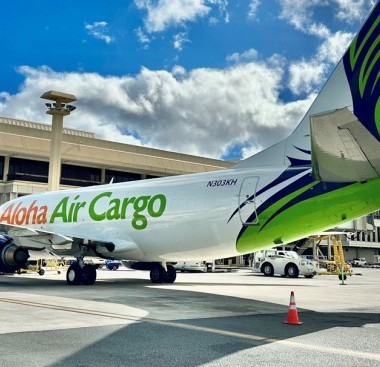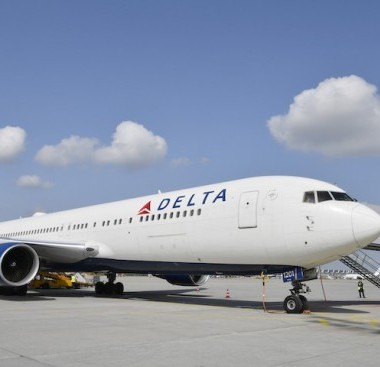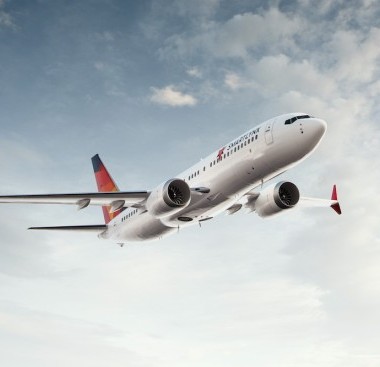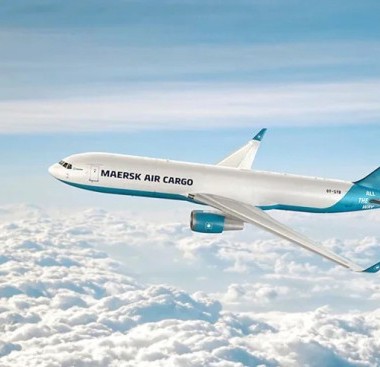Does Russia need food aid?
Oct 17, 1999Russia is waiting for the United States to decide whether to grant it food aid for the second year running, but analysts question whether any help is needed as economic indicators move in Moscow's favor.
When Russia first negotiated a package for three million tons of food aid from the United States last November, it was still suffering from a crippling currency devaluation less than three months earlier.
Its main hard currency earners, oil and gas, were near 25-year lows in real terms. Front month benchmark Brent crude oil futures on London's International Petroleum Exchange averaged $10 per barrel last December.
Last summer's harvest yielded just 47.8 million tons of grain, the lowest in over 40 years. And US soft red winter wheat was worth over $110 per ton.
World economy going Russia's way
A year on, every indicator has moved Russia's way.
Recently, Brent crude futures touched $24.81 per barrel. US soft red winter wheat now costs less than $100 per ton.
Russian gross domestic product is growing, probably by two percent this year. Al Breach, a Goldman Sachs economist in Moscow, calls this Russia's best economic recovery in a decade.
This year's grain harvest, though low at a probable 54 to 55 million tons, is still likely to be around 15% up from last year. And bumper crops in Australia, the United States and Argentina are keeping global supply high and prices low.
International Grains Council data show a global grain harvest of 1.481 billion tons in agricultural year 1998/99 against consumption of 1.468 billion.
Although the IGC forecasts a tiny deficit this year, it still expects closing stocks in June 2000 to be 278 million tons. Grain is plentiful and cheap.
So why does Russia need an extra five million tons of US aid to feed itself? The European Union, currently a donor, says it does not.
"We don't think food aid is necessary as the budget and foreign exchange circumstance don't demand it," Ottokar Hahn, ambassador at the delegation of the European Commission in Moscow, said.
Nathan Hunt, president of Skylight Inc., a US-registered meat, dairy and grain trading company based in Moscow, said aid was damaging Russian agriculture and commercial traders.
"We've been opposed to humanitarian aid for some time because the fact is that Russia is perfectly capable of paying for the products that its population needs," he said.
That made it similar to a World Bank loan, plugging budget gaps in social spending rather than keeping a hungry population alive. And the aid came without the requirements for Russian reform that had put current World Bank lending on hold.
"It doesn't help the country and it hurts people that try to trade commercially," Hunt added.
Russia will need 71 million tons of grain next year, deputy food minister Vladimir Alginin said recently. With closing stocks of three million tons expected at the end of next June, this puts the deficit at up to 14 million tons.
Economist Alexei Zabotkine of United Financial Group in Moscow said revenues had greatly increased over this year but Russia could still not afford to buy this volume.
"The fiscal situation is not much better compared to the beginning of the year overall. It is better on the revenue side but expenditure is more pressing," he said.
Zabotkine said Russian governments had previously under financed their budgets by, for example, simply not paying teachers, pensioners and other groups.
"But this is a pre-election year and the budget simply cannot afford delaying some of the payments to state employees."
Russia is also fighting an expensive and so far popular war in Chechnya, another priority in the run-up to elections. With pensions being paid off by proceeds from selling foreign food aid, more budget money is available for the war chest. (Reuters)
Similar Stories
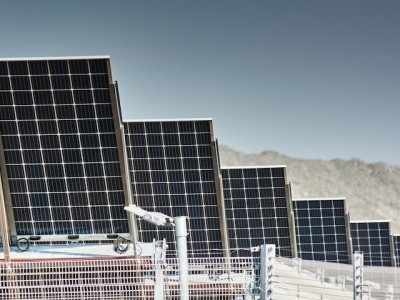
Solar groups lobby Biden to head off sector-roiling trade case
View Article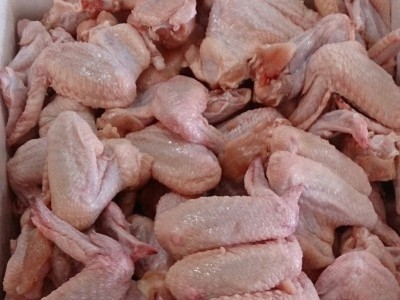
South Africa to keep anti-dumping duties on chicken imports from US
View Article
Huawei unveils new phone lineup to ramp up the pressure on Apple
View Article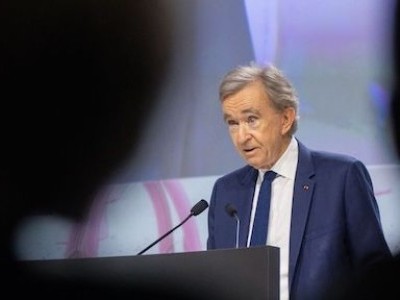
Arnault says he hopes tensions with China on luxury quiet down
View Article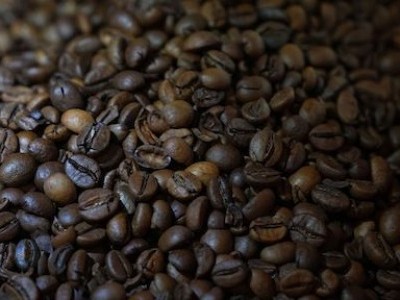
Ethiopia opens door for prized coffee exports to foreigners
View ArticleSwiss watch exports plunge as China and Hong Kong demand dries up
Monthly Swiss watch exports suffered their biggest decline since 2020 as demand for premium and luxury timepieces in key markets including China and Hong Kong plunged.
View ArticleGet the most up-to-date trending news!
SubscribeIndustry updates and weekly newsletter direct to your inbox!

